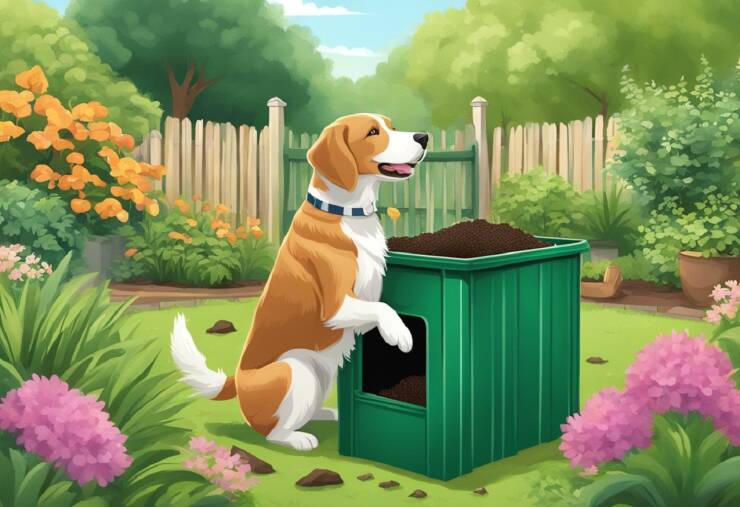Conclusion: Health and Environmental Considerations

Responsible stewardship of our environment necessitates addressing the proper disposal of dog waste, as it is not only crucial for maintaining human health but also for protecting natural ecosystems. Effective management of pet feces curtails the spread of harmful bacteria and mitigates the environmental impact.
Pathogens and Parasites
Dog waste can carry a host of pathogens such as Toxoplasma, Giardia, and Cryptosporidium, all of which pose significant risks to human health. Parasites found in dog feces can contaminate waterways, leading to outbreaks of illness. Eco-friendly options for disposal aim to minimize the transmission of these pathogens.
⦁ Bacteria: Excessive dog urine and feces can also lead to eutrophication, harming aquatic life.
⦁ Pathogens: Regular and proper disposal of waste is crucial, as pathogens in feces can survive for months.
Impact on Natural Ecosystems
The environmental consequences of improper pet waste management are profound. Landfills and plastic waste contribute to pollution, while methane emissions from decomposing feces exacerbate climate change.
⦁ Marine Life: When waste enters waterways, it can sicken or kill marine life, disrupt habitats, and spoil natural resources.
⦁ Grass and Soil: Accumulating feces can also damage grass and soil, leading to erosion and nutrient imbalance.
In summary, being a responsible dog owner means considering eco-friendly disposal methods that protect both public health and the environment.